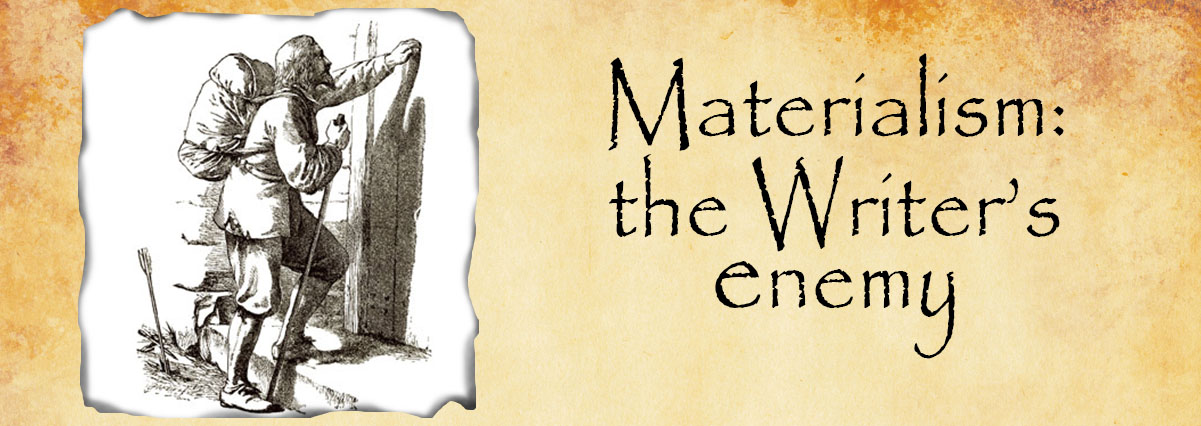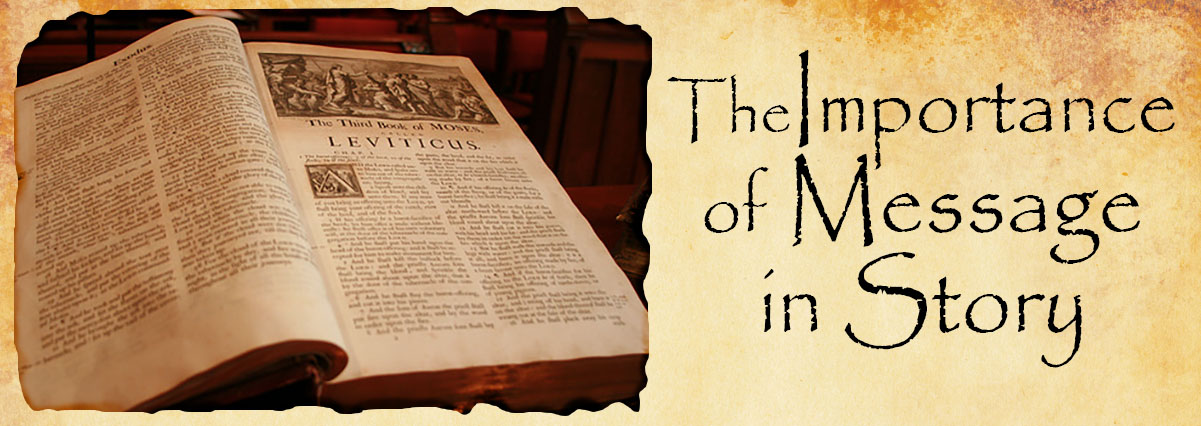Materialism: the writer’s enemy
Recently I took my wife and kids to the mall. It is only about twenty-five minutes from our house but I had never been. In fact, it had been a long while since I had been in any mall. Firstly, I am not a big shopper and second, I find malls are filled with clothing above all else (which generally I find clothes shopping boring). We only moved to South Carolina in the past year so there is much of the area yet to explore. But in my trip to the mall I was reminded of the dangers of materialism and specifically how they impede creativity and writing.
After eating dinner we had walked through a portion of the mall. As I said before there were many clothing stores but there were also other shops. The myriad of jewelry stores, a few department stores, various kiosks in the aisle offering anything from bracelets to perfume. Then, on the lower level, there was an apple store. You must understand that I am not an Apple-only customer. My laptops have always been Windows machines due to the flexibility of the programing. However, I bought an iPad2 a few years back and have been thrilled with the quality of the product. Battery still holds almost 10-hours of life. I’ve dropped the thing on a tile floor and still it works seamlessly. But I have never been inside of an Apple store, though many people have told me it is fascinating because they carry the latest gadgets.
I love gadgets. Technology fascinates me and I do not mind spending good money on tech that lasts longer and gives me greater flexibility in my life. My wife stopped at one shop and I walked off with my youngest boys in the stroller to check out the Apple store. When I arrived I stood outside of the doorway and looked in. It looked like fun. But the desire to go in and fiddle with the new tech left me. I found myself thinking about all of the good in life that I have… and I have it without creating new cravings for more stuff.
Do not get me wrong. There is nothing wrong with shopping for good tech. But in that moment I realized that I have all I need. A beautiful wife and four great kids, a house and a bit of land, and a good job. Above all of that is God’s love surrounding and feeding that contentment.
No greater illustration can be given of this struggle than that of Pilgrim’s Progress, in which Christian carries a burden of sin along his journey to the Celestial City. The writer is Christian and the burden is Materialism. Especially in America where we are given so much and given the opportunity for so much more. Materialism consumes many of us. It drowns creativity and exterminates healthy ambitions.
I do not want to be always desirous of the things in this life, I want to be creative in expressing the love, the satisfaction, and benefits I enjoy. Writing is my way of expressing myself and when I write I convey the things that matter most to me and why they matter most to me.
Materialism is the writer’s enemy. Seeking after things only leads to more lust. Seeking instead to find that inner peace and communion with God leads to an abundance of creativity.
Q: How do you view materialism?



 Pilgrim’s Progress. I must have read that book three times when I was growing up and what an impression it left on me. John Bunyan’s classic allegory for many years was the best-selling book next only to the Bible. Even today its popularity is evidenced by the many various revisions and editions it has populated.
Pilgrim’s Progress. I must have read that book three times when I was growing up and what an impression it left on me. John Bunyan’s classic allegory for many years was the best-selling book next only to the Bible. Even today its popularity is evidenced by the many various revisions and editions it has populated.